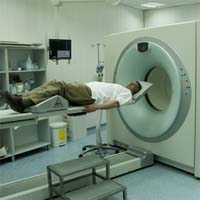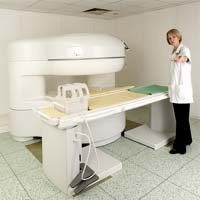Radiation Treatment May Worsen Lung Function in Mesothelioma
Researchers at MD Anderson Cancer Center in Houston and Princeton Radiation Oncology reached that conclusion after evaluating 24 mesothelioma surgery patients between 2009 and 2013. Study subjects underwent either lung-sparing pleurectomy/decortication (P/D) surgery or lung-removing extrapleural pneumonectomy (EPP). Both procedures aim to improve mesothelioma survival by removing the diseased pleural lining and other at-risk tissues such as the diaphragm and the pericardium around the heart. Both sets of patients were then treated with intensity modulated radiation therapy (IMRT) to the affected side of their chest in an effort to kill any mesothelioma cells left behind after surgery. IMRT delivers beams of radiation in short bursts, giving it the ability to conform radiation dose to the irregular shape of a mesothelioma tumor….









